Computational Movement Ecology Group
School of Mathematics & Statistics ⬥ University of Glasgow
School of Mathematics & Statistics ⬥ University of Glasgow
The overarching aim of our research is to develop and deploy advanced data analytics for understanding the movement and population dynamics of wildlife species. This research employs a range of techniques in machine learning and mathematical modelling and has integrated studies of several different species including migratory caribou, schooling fish, seabirds, and the Serengeti wildebeest.
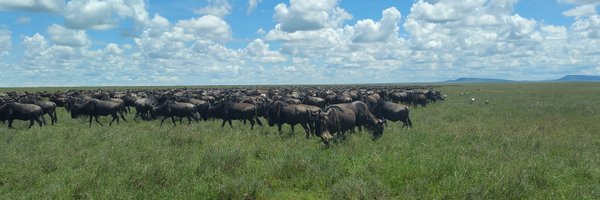
A recurring theme of our research remains the challenge of relating individual behavior to the movement and migration of animal groups and ultimately to the functioning of natural populations and ecosystems. The mathematical and statistical challenge of this work involves linking individual (or microscale) processes and data, to population-level (or macroscale) properties and observations.
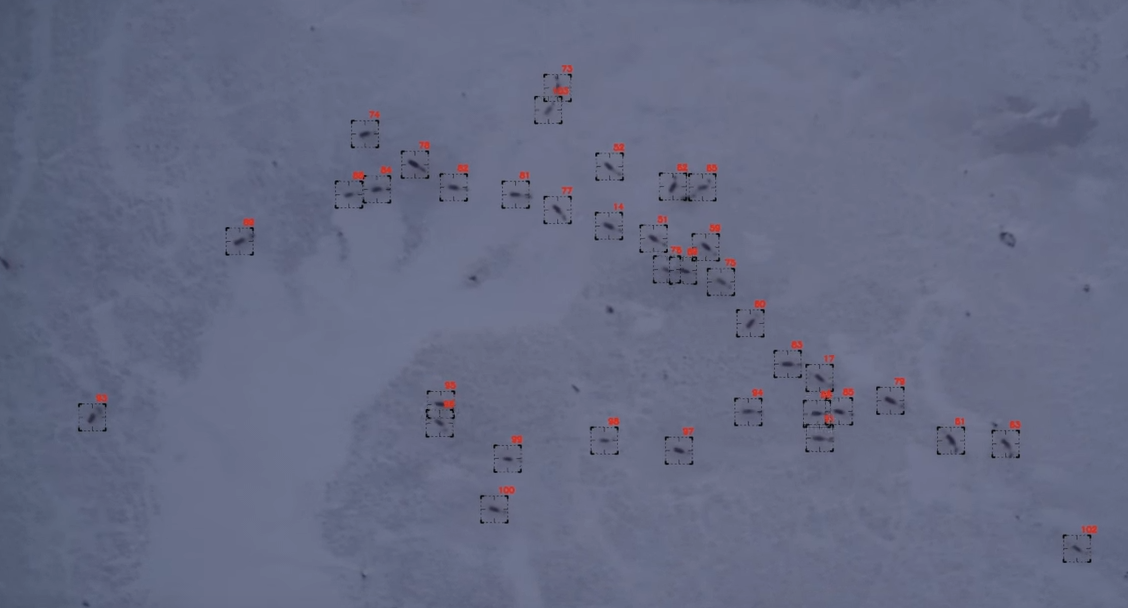
In an ecological context this challenge is relevant over multiple scales, from understanding how natural selection leads to the efficient functioning of animal collectives, to the study of species level interactions and ecosystem dynamics.

Colin is a Professor in Applied Mathematics in the School of Mathematics and Statistics at the University of Glasgow. He completed his PhD in Applied and Computational Mathematics in 2009 at University College, Dublin and also holds a Masters degree in Engineering from Liverpool University and an MSc in Computational Science from UCD.
Colin's background is in mathematics and high performance computing but now has a strong applied focus in the areas of movement ecology, data science, and AI. In previous roles, he has been a software developer for a financial risk company, a risk analyst for a multi-national hedgefund, and an English and I.T. teacher in Pangani, Tanzania.

Cyrus M. Kavwele is a PhD student in the School of Biodiversity, One Health, and Veterinary Medicine at the University of Glasgow.
Broadly, he is interested in understanding the role of and the mechanisms that drive collective behaviour of group navigating ungulate species and their response to ecosystem disturbances largely due to human activities. In his PhD, he is working on collective behaviour of wildebeests in Serengeti National Park in Tanzania. Majorly, his work focuses on developing an automated animal tracking tool using open-source electronics and UAVs to collect scale-appropriate data as well as application of computer vision and machine learning to examine complex behaviours such information transfer, collective decision making, leadership roles within a groups and spatial aggregation among others.
Cyrus has BSc. and MSc. degrees in wildlife management from Karatina University, Kenya where he also works as a Tutorial Fellow in the Department of Natural Resources. Outside science, Cyrus plays football whenever possible and enjoys camping on an occasional basis. Twitter @cyruskavwele

Jenn is a Research Fellow in Mathematical Biology in the School of Mathematics and Statistics. She completed her PhD in Theoretical Physics in 2016 at The University of Nottingham.
Jenn's research focuses on the advancement of approximate Bayesian inference techniques through coupling with machine-learning techniques such as Gaussian processes and graph neural networks. She builds agent-based models of complex systems, such as collective movement models of migratory species in order to test and compare the performance of the inference frameworks. These frameworks can be applied to many systems, particularly across biological sciences.
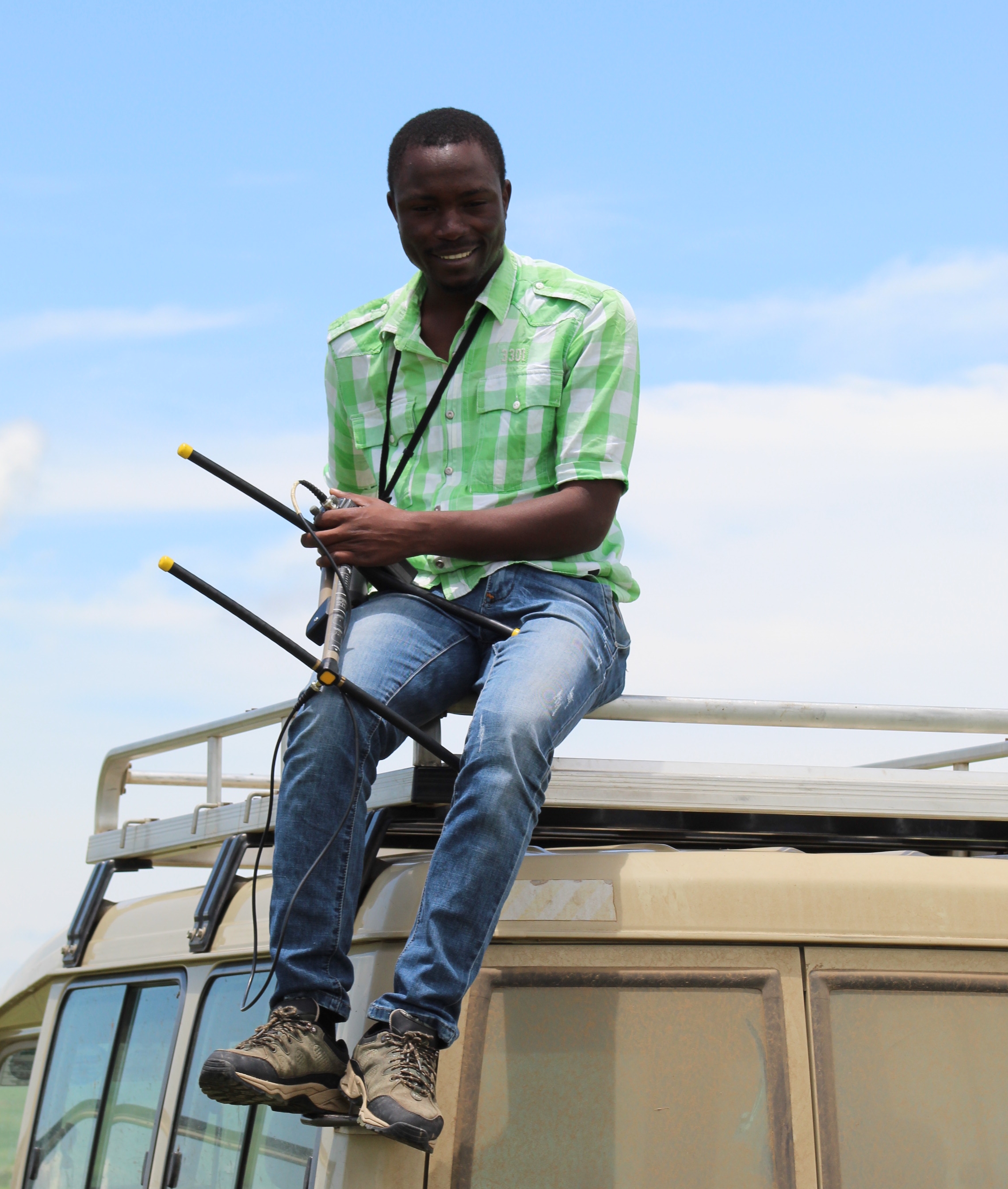
Majaliwa M. Masolele is a PhD student in Mathematical Ecology in the School of Statistics and Mathematics at the University of Glasgow with an interest in animal movement, quantitative ecology, geographic and spatial ecology, biostatistics, and machine learning.
His PhD is primarily focused on developing data driven models for migratory animal populations to answer fundamental ecological questions such as; how do animals modify their use of time when confronted with different environmental conditions, how do animals select a certain part of the landscape based on energetic considerations, or what will happen to migratory animals if a river dries, a large percent of the protected area is burned, or if food becomes scarce due to prolonged drought? This will be useful particularly in making informed conservation planning and conservation management techniques.
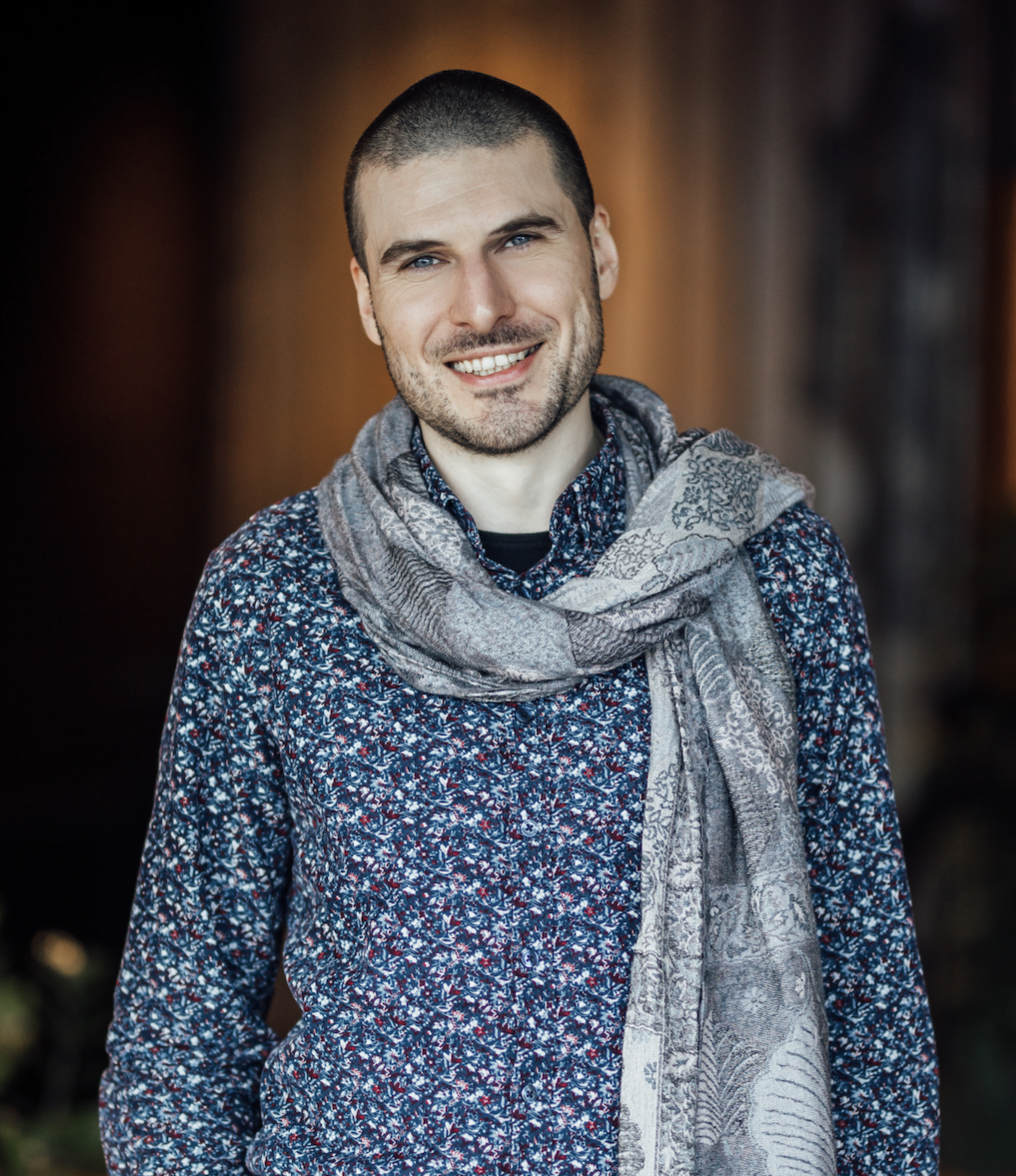
Miks is a PhD student in applied mathematics looking at collective behaviour of Atlantic Salmon during downstream migration. He aims to create models that take into account group decision making for both laboratory experiments and river telemetry data. His background is in Computer Vision and he also works on refining object detection and tracking algorithms for ecological applications.
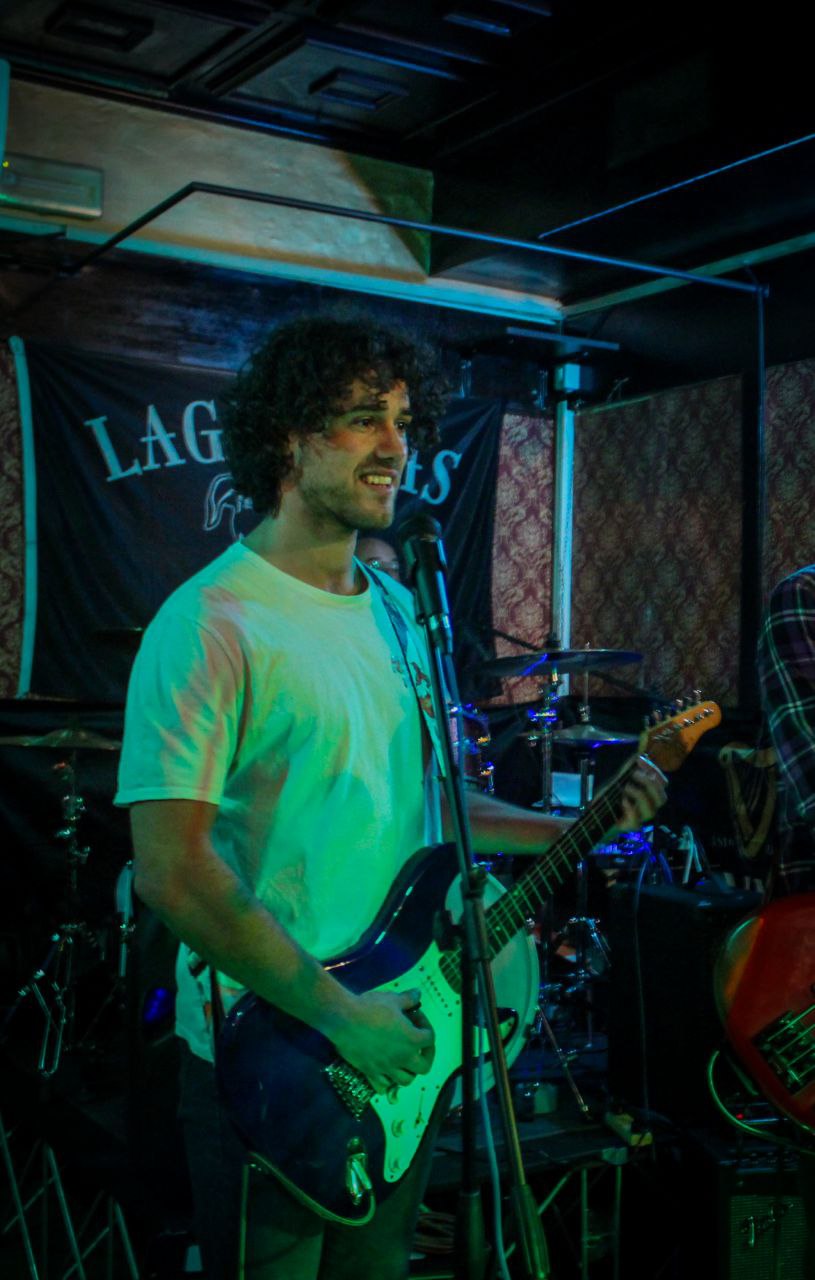
Nazareno is a PhD student in the School of Mathematics and Statistics at the University of Glasgow, specialising in Applied Mathematics. His primary research area is Mathematical Ecology, with a particular emphasis on collective behaviour.
His work majorly revolves around the analysis of animal telemetry data. His main goal is to develop novel mathematical and statistical models that can effectively extract more information out of relocation data. His specific focus lies in gaining a deeper understanding of the underlying factors that influence and shape the quantitatively and qualitatively distinct patterns of movement observed among animals.
Nazareno's research also involves studying a dataset of free-roaming Merino sheep in Patagonia. He examines the ecological behaviour of this flock with the primary objective of determining whether there is evidence of a leader-follower dynamic within the group.

Based in the School of Mathematics & Statistics at the University of Glasgow, the Computational Movement Ecology Group is an interdisciplinary research group led by Dr. Colin Torney.
We employ mathematical modelling and machine learning to study animal movement, with a particular focus on working with very large datasets, new approaches to statistical inference, collective movement, and the Serengeti wildebeest migration.
University of Glasgow
University Place
Glasgow G12 8QQ
United Kingdom
This is bold and this is strong. This is italic and this is emphasized.
This is superscript text and this is subscript text.
This is underlined and this is code: for (;;) { ... }. Finally, this is a link.
Fringilla nisl. Donec accumsan interdum nisi, quis tincidunt felis sagittis eget tempus euismod. Vestibulum ante ipsum primis in faucibus vestibulum. Blandit adipiscing eu felis iaculis volutpat ac adipiscing accumsan faucibus. Vestibulum ante ipsum primis in faucibus lorem ipsum dolor sit amet nullam adipiscing eu felis.
i = 0;
while (!deck.isInOrder()) {
print 'Iteration ' + i;
deck.shuffle();
i++;
}
print 'It took ' + i + ' iterations to sort the deck.';| Name | Description | Price |
|---|---|---|
| Item One | Ante turpis integer aliquet porttitor. | 29.99 |
| Item Two | Vis ac commodo adipiscing arcu aliquet. | 19.99 |
| Item Three | Morbi faucibus arcu accumsan lorem. | 29.99 |
| Item Four | Vitae integer tempus condimentum. | 19.99 |
| Item Five | Ante turpis integer aliquet porttitor. | 29.99 |
| 100.00 | ||
| Name | Description | Price |
|---|---|---|
| Item One | Ante turpis integer aliquet porttitor. | 29.99 |
| Item Two | Vis ac commodo adipiscing arcu aliquet. | 19.99 |
| Item Three | Morbi faucibus arcu accumsan lorem. | 29.99 |
| Item Four | Vitae integer tempus condimentum. | 19.99 |
| Item Five | Ante turpis integer aliquet porttitor. | 29.99 |
| 100.00 | ||